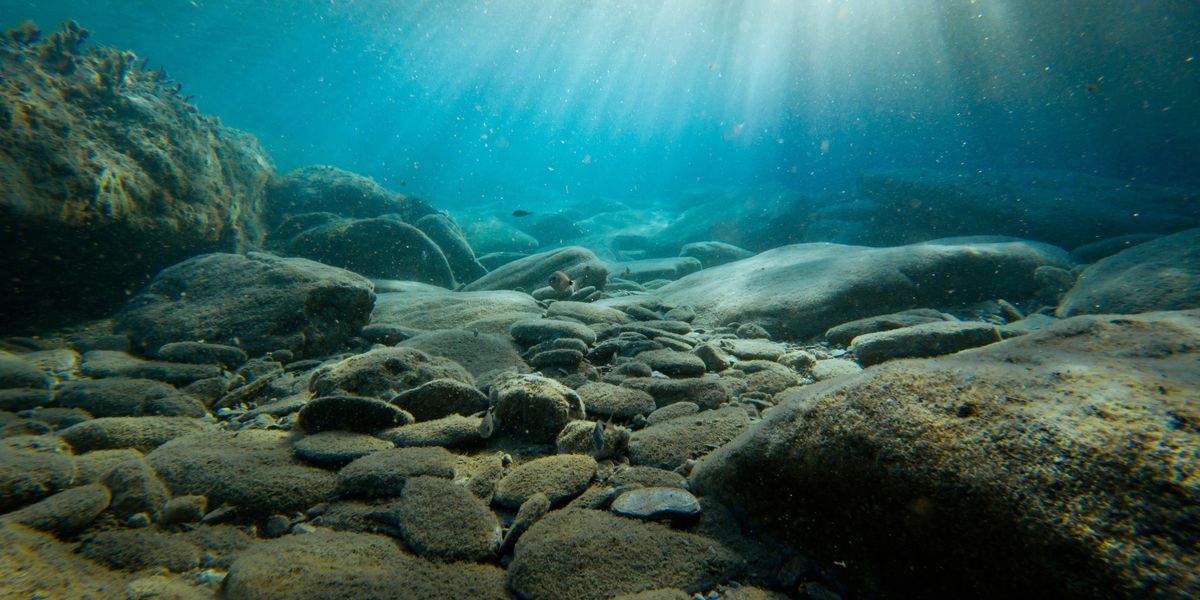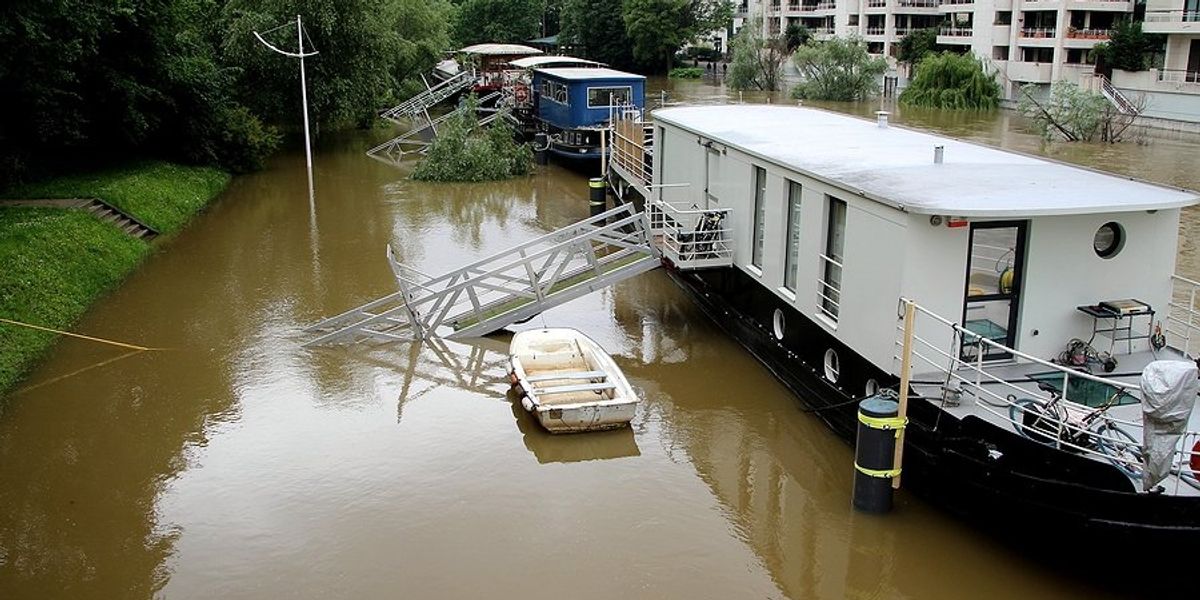
Trump’s order on deep-sea mining risks fragile ocean ecosystems and global cooperation
President Trump’s decision to fast-track deep-sea mining permits without international agreement has alarmed scientists and conservationists who warn of long-lasting environmental damage and geopolitical fallout.
Richard Schiffman reports for Yale Environment 360.
In short:
- Trump’s April executive order directs the National Oceanic and Atmospheric Administration to expedite mining permits in international waters, sidestepping the United Nations-backed International Seabed Authority.
- Conservationists argue that deep-sea mining could harm biodiversity, disrupt the ocean's carbon cycle, and permanently alter habitats that evolve over millennia.
- Critics warn that unilateral U.S. action could trigger international conflict and unravel decades of cooperative ocean governance.
Key quote:
“Unilateral action to pursue deep-sea mining opens up a whole Pandora’s box of questions in terms of conflict on the high seas, conflict between nations, and whether or not this is an extractive industry that we even need.”
— Jeff Watters, vice president of external affairs, Ocean Conservancy
Why this matters:
The deep ocean remains one of Earth’s last largely unexplored frontiers, home to strange and ancient lifeforms adapted to crushing pressure, total darkness, and cold temperatures. Many of these species — some newly discovered, some not yet named — play yet-unknown roles in global ecological systems. Deep-sea mining operations threaten to destroy these habitats for minerals like cobalt and nickel, used in clean energy and digital tech. Unlike forests that regenerate over decades, deep-sea ecosystems may take centuries to recover — if at all. Stirring up sediments and releasing heavy metals could also affect midwater food chains and even alter carbon storage functions critical to climate balance. International law considers the deep sea a shared resource. If powerful nations like the U.S. move ahead without consensus, it could not only accelerate ecological harm but also undermine the rules designed to keep ocean exploitation in check.
Learn more: Humans may start mining the deep sea despite limited knowledge













